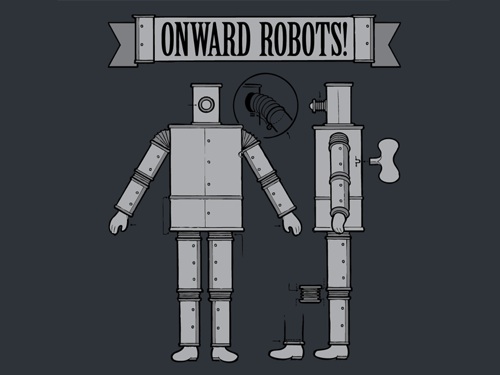Pagestopixels.com introduced Barthelme as their first Author of the Month in what I hope will be a long series.
http://pagestopixels.com/?s=donald+barthelme
Here's what they do with their Authors of the Month: They offer a story (if it's available) by that author. Then they offer a discussion of that story from some sharp literary critic or other. They offer two such installments as of now. One discusses "The Indian Uprising" and the other "Me and Miss Mandible." I hadn't read the latter one, but it's one of my favorites now. Bartheleme's got a funny way of writing about schools that shows what silly and powerful institutions they actually are. The accompanying essays are okay, too, but neither comes close to George Saunders's "The Perfect Gerbil" from his collection of essays The Braindead Megaphone about Barthelme's "The School." Writes Saunders thusly:
When I was a kid I had one of these Hot Wheels devices designed to look like a little gas station. Inside the gas station were two spinning rubber wheels. One’s little car would weakly approach the gas station, then be sent forth by the spinning rubber wheels to take another lap around the track, or more often, fly out and hit one’s sister in the face.
A story can be thought of as a series of these little gas stations. The main point is to get the reader around the track; that is, to the end of the story. Any other pleasures a story may offer (theme, character, moral uplift) are dependent on this…
So if the writer can put together enough gas stations, of sufficient power, distributed at just the right places around the track, he wins: the reader works his way through the full execution of the pattern, and is ready to receive the end of the story.Barthelme does just this with "Me and Miss Mandible." Gas stations galore.


